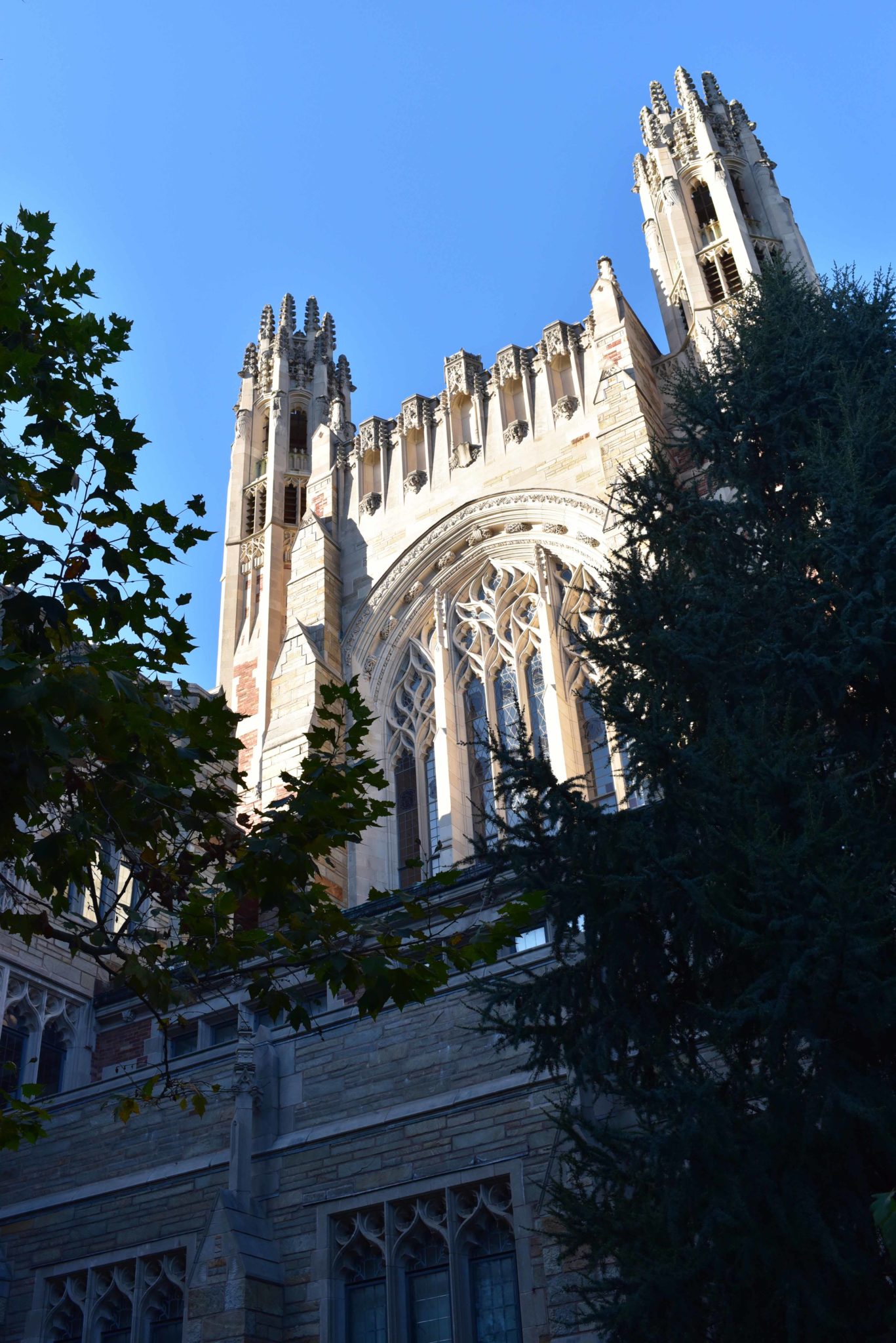
Ryan Chiao
Yale Law School’s Media Freedom and Information Access Clinic filed a complaint disputing a Texas law that criminalizes the use of drones by visual journalists last month.
The challenge was filed on behalf of the National Press Photographers Association, the Texas Press Association and an independent journalist. According to Joe Burson LAW ’20, who is a MFIA Clinic member, the Texas law infringes upon journalists’ First Amendment right to take and share photos and videos of news events. For several years, MFIA Clinic has worked to defend newsgathering rights in an age of digital technology, according to Burson. He said that the drone law challenge is the next step in that fight.
“It is important to make sure that the government respects newsgatherers’ First Amendment rights, even when they’re using new technology,” Burson said. “In this case, our clients want to make sure they have the same rights to record newsworthy events with drones as they could with helicopters or from the ground.”
The MFIA Clinic argues that the Texas law violates free speech in three separate ways — by banning “surveillance” drones, limiting where people can fly drones and using “vague” language.
Texas’s drone law, Texas Government Code Chapter 423, criminalizes journalists’ use of drones to take images of private property but offers more than 20 exemptions for industries such as oil and gas and agribusiness.
“When such photography is done for the purposes of newsgathering, that activity is … protected by the free press clause of the First Amendment — the use of drones should be viewed just like any other newsgathering tools,” NPPA General Counsel Mickey Osterreicher said. “The Texas law specifically allows drone photography for other professions and purposes, but bans the use of drones for newsgathering thus violating the rights of citizens and journalists under the First Amendment.”
Osterreicher also said the complaint alleges that the Texas law does not further a “substantial government interest,” without which suppressing free speech is illegal.
The complaint also challenges a section of the law that bans all drone use under 400 feet above ground level at “critical infrastructure facilities,” “correctional facilities” and “sports venues.”
Osterreicher recounted an incident in which a journalist was hired to photograph a new baseball stadium in Dallas but was not allowed to use a drone. While other state laws provide exceptions to drone restrictions for newsgathering, Texas’s law fails to provide any exception, he said.
The defendants in the case are Steven McCraw, who is director of the Texas Department of Public Safety, Ron Joy, who is chief of Texas Highway Patrol and Wes Mau, district attorney of Hays County.
“According to the pleadings, my involvement is because I would prosecute and am responsible for enforcement of criminal law in Hayes County,” Mau said. “San Marcos police officers have told them they could be prosecuted for doing it in Hayes County.”
McCraw and Joy declined to comment on any pending litigation.
Yale Law School MFIA Clinic is an initiative of the Information Society Project at the Law School and is funded by the Floyd Abrams Institute for Freedom of Expression.
Samuel Turner | samuel.turner@yale.edu







